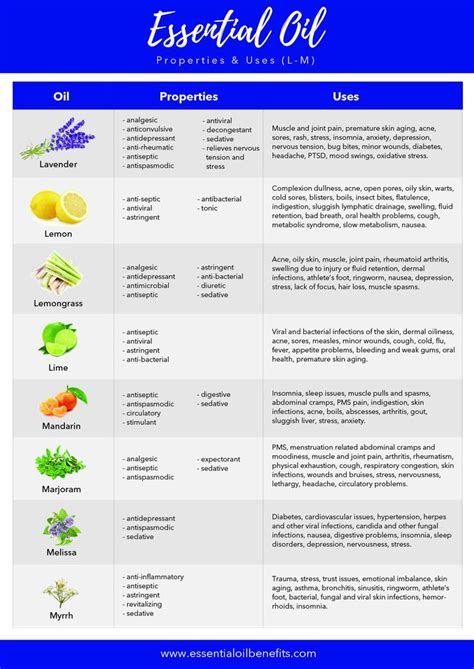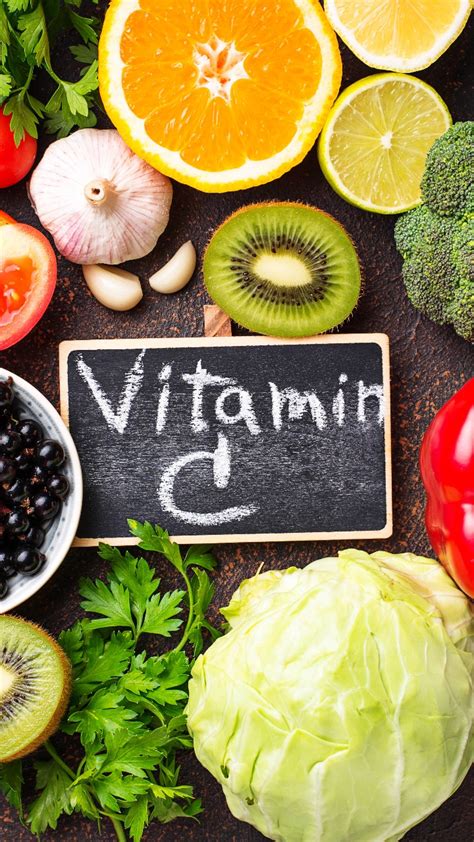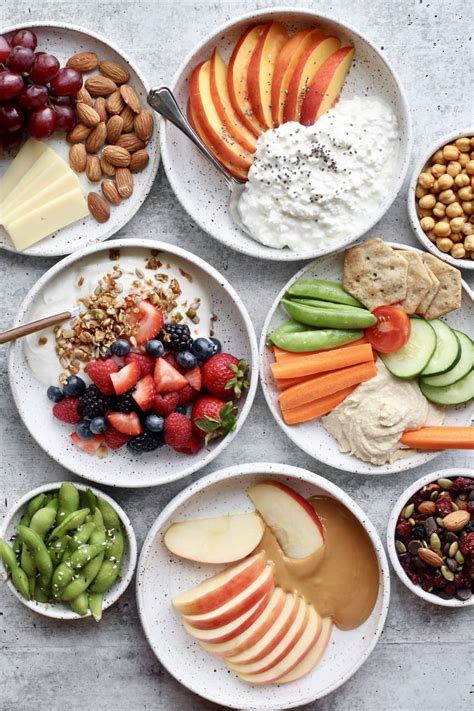How can specific nutrition boost men’s testosterone & vitality?

For men, maintaining optimal testosterone levels is crucial not just for muscle mass and libido, but also for energy, mood, bone density, and overall vitality. While factors like age and genetics play a role, your diet is a powerful, modifiable tool that can significantly influence hormone production. Understanding which specific nutrients and food groups to prioritize can make a substantial difference in boosting testosterone naturally and enhancing your quality of life.
The Foundational Nutrients for Testosterone Production
Several vitamins, minerals, and macronutrients are direct players in the complex biochemical pathways that lead to testosterone synthesis. Ensuring adequate intake of these can be a game-changer.

Zinc: The Mineral Maestro
Zinc is a vital mineral directly involved in testosterone production. Studies have shown that even mild zinc deficiency can lead to a decrease in testosterone levels. It also plays a role in the health of sperm and prostate function.
- Food Sources: Oysters are famously high in zinc, but you can also find it in red meat (especially beef), poultry, pumpkin seeds, lentils, chickpeas, and fortified cereals.
Vitamin D: The Sunshine Hormone
Often referred to as the “sunshine vitamin,” Vitamin D actually functions as a steroid hormone in the body, and its receptors are found on cells that produce testosterone. Research indicates a strong correlation between higher vitamin D levels and higher testosterone levels.
- Food Sources: Fatty fish (salmon, mackerel, tuna), cod liver oil, and fortified dairy products or plant milks. Sunlight exposure is the primary natural source.

Magnesium: The Muscle & Hormone Regulator
Magnesium is essential for hundreds of enzymatic reactions in the body, including those involved in muscle function and nerve health. Crucially, it also helps reduce oxidative stress and inflammation, which can negatively impact testosterone. Moreover, magnesium may increase free (bioavailable) testosterone by reducing its binding to sex hormone-binding globulin (SHBG).
- Food Sources: Leafy green vegetables (spinach, kale), nuts (almonds, cashews), seeds (chia, flax, pumpkin), legumes, and whole grains.
Healthy Fats: The Building Blocks of Hormones
Testosterone is a steroid hormone, meaning it’s derived from cholesterol. Healthy fats are absolutely critical for hormone synthesis. Adequate intake of monounsaturated and omega-3 polyunsaturated fats can support this process.
- Food Sources: Avocados, olive oil, nuts (walnuts, almonds), seeds (flaxseeds, chia seeds), and fatty fish rich in omega-3s (salmon, mackerel).

Beyond Specific Nutrients: A Holistic Dietary Approach
While specific nutrients are key, a balanced, whole-food diet is paramount. Certain food groups can further support hormone balance and overall vitality.
- Cruciferous Vegetables: Broccoli, cauliflower, Brussels sprouts, and cabbage contain compounds like Indole-3-Carbinol (I3C) which help the body metabolize estrogen, potentially preventing its excessive conversion from testosterone.
- Antioxidant-Rich Foods: Berries, colorful bell peppers, and dark leafy greens combat oxidative stress, which can damage Leydig cells (testosterone-producing cells).
- Lean Protein Sources: Chicken, turkey, lean beef, eggs, and legumes provide amino acids essential for muscle repair and growth, which is intrinsically linked to healthy testosterone levels and overall vitality.

Foods to Limit or Avoid
Just as some foods boost testosterone, others can hinder it. Minimizing intake of processed foods, excessive sugar, trans fats, and excessive alcohol can prevent negative impacts on hormone levels and overall health.

Conclusion
Optimizing men’s testosterone and vitality through nutrition is not about a magic pill but a sustained commitment to a nutrient-dense diet. By focusing on adequate intake of zinc, vitamin D, magnesium, and healthy fats, alongside a diverse array of whole foods and limiting detrimental items, men can naturally support their hormonal health, boost energy, improve mood, and enhance their overall quality of life. Always consult with a healthcare professional or a registered dietitian before making significant dietary changes, especially if you have underlying health conditions.








